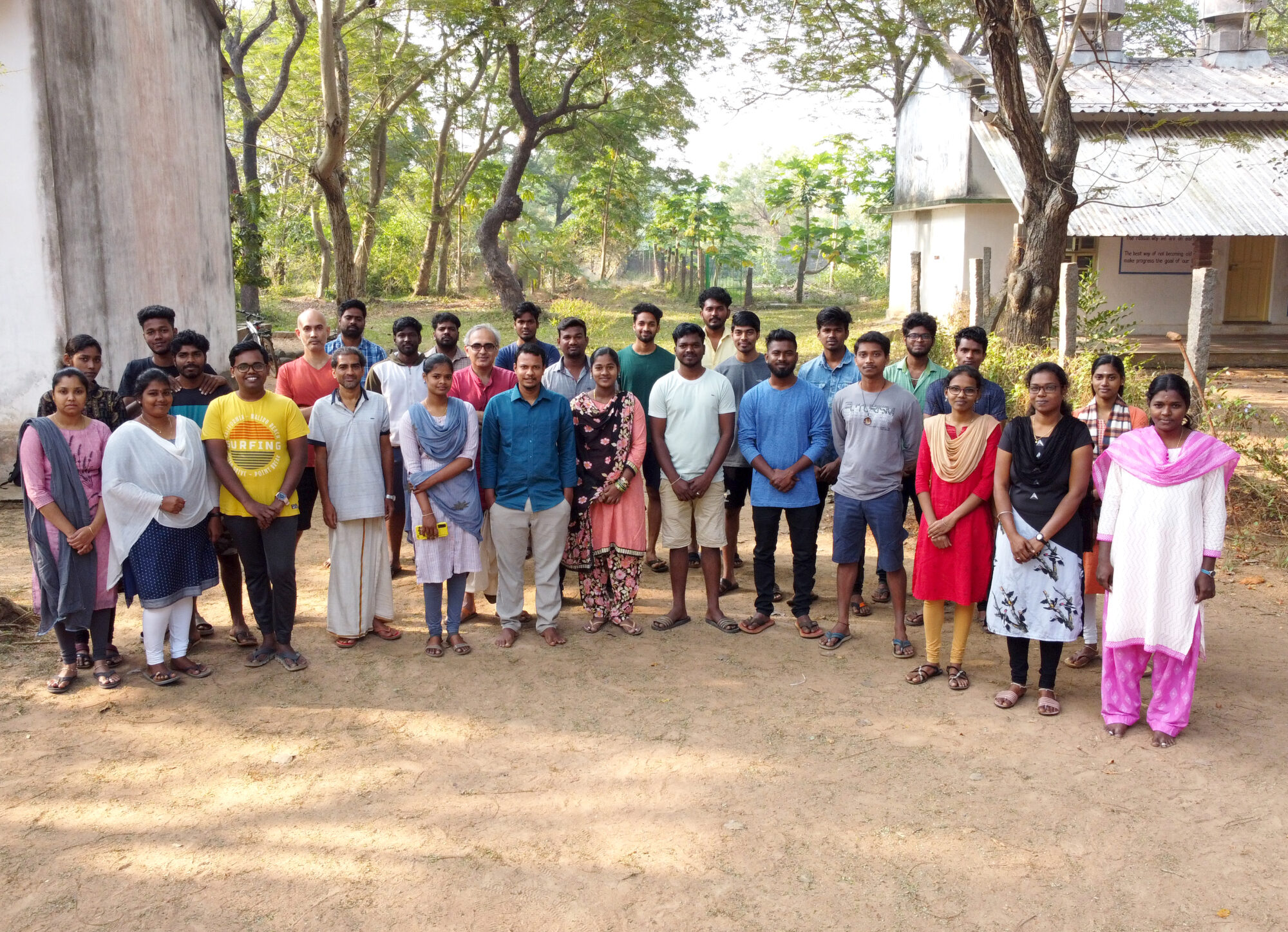~ Poovizhi.P
I’ve got an opportunity to speak in an international webinar organized by Dr. Monica Sharma on the topic digital divide. Below is the link to a 6 min video of the speech. It was a great experience to be part an international webinar. I learnt that where ever I may be and whatever work I do, I am connected with each one of us in the world in breaking the unhealthy isms from being in my inner capacity.
Here is what I shared.
In my experience one digital divide is employment. People who have completed Engineering in and around my village have hard time finding engineering jobs. Some of my engineering classmates, specifically girls have got married, others work in non-engineering jobs like receptionist, data entry and teaching.
This is partly because of lack of practical skills. Even in college where I was doing a degree in computer science we had limited access to few shared computers. It was enough to read text books and pass exams. Most of us didn’t have access to laptops and internet at home to explore further. After 4 years I had a degree but not much programming skills.
At STEM land I learned programming first with a visual programming language from children and then professional programming languages. When I was learning programming from children, no one made fun of me. In time I realized that a supportive environment for learning had been built at STEM land not only by the facilitators, but also the children who also practice the RTL tools. I see such a culture of supporting risk takers shifting mediocracy to excellence.
STEM lands are located in rural schools. Even with poor internet children are able to share the projects and programs they make with other children through a local area network. Through this I see the shift from being stuck without resources to having the courage to create alternatives.
There is digital divide in rural area due to the socio- economic background and very few people have access to computers, laptops and tabs. Many people have access to smart phones but internet is an issue. They have limited internet because the tower is not close or may not be able to afford internet. In the pandemic this got worse because people are earning less. To reach children in this time we send practice assignments and give feedback through Whatsapp. For those who don’t have access to internet I create physical worksheets that parents pick up or met children individually at home.
I can see that genderism is strengthened by society in technology. After certain age girls have a lot of constraints in my society. For example, boys have the freedom to come to STEM land in the evenings after school whereas girls do not. One issue is safety due to alcoholism, gangs and harassments in the evening, but much of it is social pressure. In response sleepovers where both boys and girls stay over at the school once a week has become a norm at least in one of our schools.
I wanted children from other villages and schools to also benefit from STEM land in the evenings. I faced the same constraints and fear of traveling, but I don’t want to leave it just because I am born as girl. I go to such a center and support children and take precautions that I can.
In my village alcoholism is a major issue and many children and women suffer as the men beat their wife and children and they don’t have a quiet space at home to study. The youth planned a play to bring awareness about alcoholism but none of girls participated because it is not considered socially ok. I had a fear of judgment but I noticed it and being in my values I took part. This action inspired four other girls and a married women. This has started many new conversations about alcoholism.
As a team in STEM land we look to break these isms in technology. When I joined STEM land three years ago there was only one female engineer. The women to men ratio was 1:6 and now in the technical team its getting closer to an equal ratio.
To break the digital divide
1. I need to develop an environment for youth and children to develop skills
2. I need to be more than an engineer to break genderism, groupism, alcoholism, ageism
3. I need to work from responsibility, equality and courage to create.

